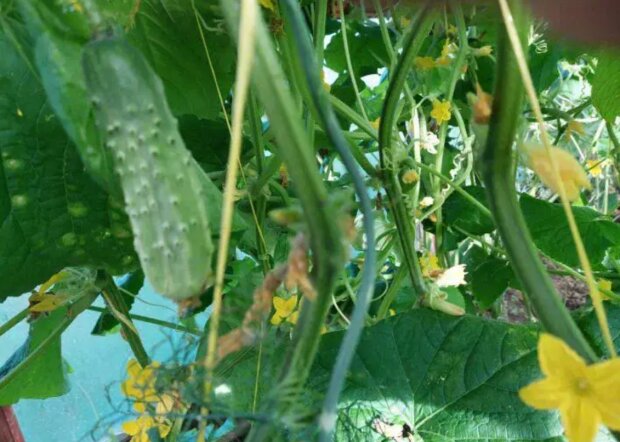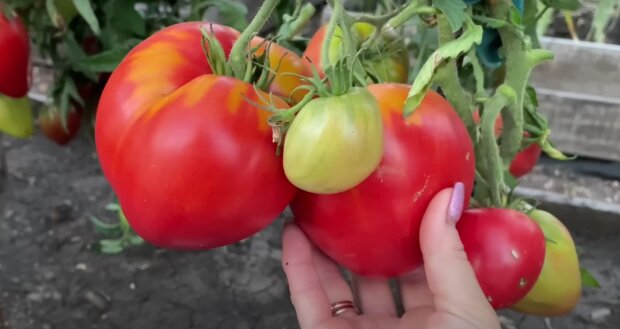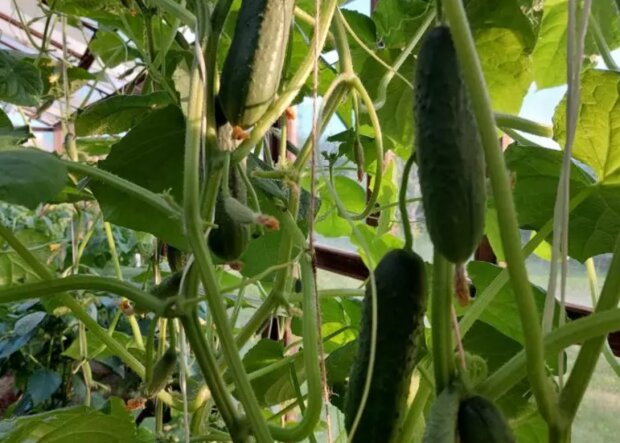This not only causes frustration but also casts doubt on all the efforts invested in plant care. However, don't be quick to despair! We will share how to assist your cucumbers and tomatoes in yielding a bountiful harvest, even if pollination is lacking.

Why are the fruits not setting?
Most often, the issue arises from insufficient pollination. For successful pollination of plants like tomatoes and cucumbers, assistance is required, especially when they are grown in closed greenhouses or when weather conditions hinder natural processes. The good news is that you can tackle this yourself using a few simple methods.
How to help tomatoes: literally shake the harvest
Tomatoes have perfect flowers, meaning they can self-pollinate. To help the pollen reach the stigma of the pistils, simply shake the flower clusters every 2-3 days. You can enhance the effect by gently touching the flowers with a soft brush. This is especially important in greenhouses where air movement is limited.

Cucumbers: precise work for precise results
The situation with cucumbers is more complex: their flowers are unisexual. Male flowers produce pollen, while female flowers develop the fruit. To combine their efforts, use one of the following methods:
- Brush and pollen. Carefully collect pollen from male flowers with a fine soft brush and transfer it to female flowers.
- Cotton swab. Create a small cotton swab to gather pollen and work with the flowers.
- Male flower as a tool. Detach a male flower, remove its petals, and apply the pollen directly to the female flowers using the anthers.
Don't forget about the right conditions
Caring for cucumbers and tomatoes involves more than just pollination. To ensure your plants are as productive as possible, create a comfortable environment for them:
- Ventilation. Especially important for greenhouses: fresh air helps normalize temperature and humidity.
- Mulching. Retains soil moisture and protects roots from overheating.
- Heat protection. Shade the plants on sunny days.
- Watering and feeding. Water regularly, but without excess, and monitor nutrient levels.
- Pruning bushes. Remove excess leaves and suckers to improve air circulation.
- Protection from rain and cold. This is particularly important for preserving plants in open ground.

In conclusion
Even if your plants are being "finicky" and reluctant to produce a harvest, it is entirely possible to remedy the situation. Utilize manual pollination methods, stimulating treatments, and don't forget about proper care.